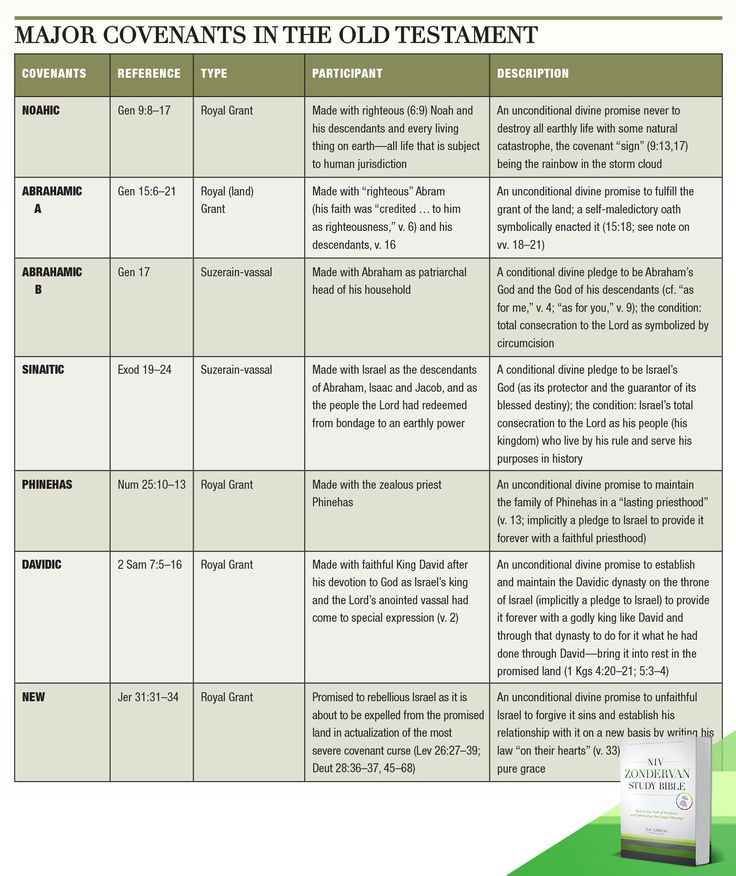The preterist view is popular amongst some modern bible scholars and rejected by most conservative Christians.
So truth is determined by popularity amongst conservative Christians? Hmmm! Not sure that will suit the Baha'i faith terribly well.
The problems with preterism are many.
Are they? Let's look at the problems with the problems you have highlighted:
For one thing, God’s covenant with Israel is everlasting (Jeremiah 31:33–36),
But that is a covenant that involves the law being written "on their hearts" - this is a prophecy about a spiritual condition - not a national identity. In any case, it does not say it is everlasting, it says it will cease when the "fixed order" - of days following nights, the procession of the stars across the sky and the daily ebb and flow of the tides - ends. If that is symbolic of a spiritual change, then it ends at least when "the present heavens and earth" pass away (2 Peter 3; Revelation 21:1-4). There is nothing in any of these passages that suggests anything other than this being symbolic of the passage of divine favour from the natural to the spiritual "Israelites" - from the written code with its old physical temple in the old earthly Jerusalem under the "old heavens" to the heavenly "New Jerusalem" and the law written on the hearts of the faithful.
...and there will be a future restoration of Israel (
Isaiah 11:12).
There is no way that this prophecy is about anything later than a post-Babylonian exile restoration - read the chapter in context and it is obvious that it talking about the Jews returning from Assyria as - it compares - they had come out of Egypt. Without a preconceived notion of a far later eschatological interpretation, there is no way this could be read as referring to anything other than the restoration of the 5th century BC.
The apostle Paul warned against those who, like Hymenaeus and Philetus, teach falsely “that the resurrection has already taken place, and they destroy the faith of some” (
2 Timothy 2:17–18).
I don't think anyone argues that Paul's letters were not written in the mid-1st century - before the destruction of the Temple in 70CE - indeed it is almost certain that Paul was dead by the mid 60s so, on that interpretation, the 'spiritual resurrection' that was symbolized by the final destruction of the Jewish temple had not happened when he wrote this. Does that mean it must still not have happened 1800+ years later? How so?
And Jesus’ mention of
“this generation” should be taken to mean the generation that is alive to see the beginning of the events described in
Matthew 24.
If that is correct then how are we to interpret the "generation" addressed by Jesus in the following verses:
Matthew 12:39, Matthew 17:17, Matthew 23:33-36, Mark 8:38, Luke 11:29, Luke 11:50-51
To be consistent, if you are insisting that when Jesus referred to "this generation" in Matthew 24, he meant people who would be alive in the 19th/20th centuries - he also meant that the blood of the faithful prophets of old would be avenged on the people who were alive in the 19th/20th centuries. Obviously that makes no sense, but having 'this generation' - of the Jews - witness all these signs and bear guilt for their unfaithfulness in "this generation" of contemporaneous 1st century Jews is both consistent and makes sense (whether it is true or not).
So far, there seem to be more problems with the futurist interpretation than the preterist one - wouldn't you say?

